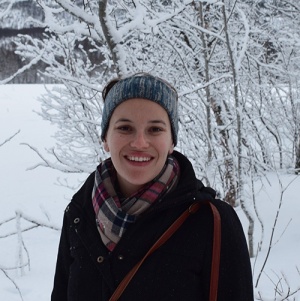History@Newcastle
Research Seminar Series 2017
Doing Women’s Legal History
by Professor Rosemary Auchmuty
(University of Reading)

When: Friday 15 September 2017 @ 10AM
Where: Cultural Collections, Level 2 Auchmuty Library UON
Free Public Seminar
Please join us on Friday 15th September at 10am in Cultural Collections for the next in our History@Newcastle seminar presentations. Professor Rosemary Auchmuty from the University of Reading will discuss her research into women’s legal history and biography. Morning tea will follow — all welcome!
Doing Women’s Legal History
Women’s Legal History is relatively new in the UK but there has been an upsurge of interest lately with the approaching centenaries of women’s getting the vote (1918) and admission to the legal profession (1919). There are also interesting projects currently underway in Australia and in the US. But doing women’s legal history presents challenges for both historians and lawyers unaccustomed to each other’s methods. Here I’ll be focusing on the work of legal scholars trying to write our history, based on my experience of current projects: some of the problems we encountered, but also some of the successes. We’ve found that lawyers are often too inclined to look for heroines and role models, to over-estimate the role of legal institutions in reform and underplay (or ignore) the role of activists (like feminists), and to see history as a steady tale of progress – so we have some myths to dispel and some reality checks to bring to some of the more celebratory work. Yet there is some great stuff out there, and I’ll end with an example from the Women’s Legal Landmarks project which should remind us that law does have a role to play in bringing about change for women.
About the Speaker:
Born in Egypt and raised in Newcastle where her father was the first the Vice-Chancellor of the University, Rosemary has been a pioneer of women’s studies and feminist legal studies in higher education in Britain. She was Associate Director of the AHRC Centre for Law, Gender and Sexuality for three years before joining Reading Law School in 2007, where she now teaches Property Law subjects and Gender and Law. She is currently an executive member of the Society of Legal Scholars; a member of the Socio-Legal Studies Association and the (American) Law and Society Association; a Fellow of the Higher Education Academy and a Fellow of the Royal Society of Arts. Prior to moving into law she wrote widely in the areas of women’s history and children’s literature, including three books: Australia’s Daughters (Sydney: Methuen, 1978), A World of Girls: the Appeal of the Girls’ School Story (London: The Women’s Press, 1992, 2nd ed. 2004) and A World of Women: growing up in the girls’ school story (London: The Women’s Press,1999, 2nd ed. 2008).. As well as property law and legal education, her research interests include gender and sexuality and feminist legal history and biography. She is currently, with Erika Rackley (University of Birmingham), engaged in a 100-strong collaboration called the Women’s Legal Landmarks Project, a major historical collection in book and website formats, planned to celebrate the centenary of women’s admission to the legal profession in 2019.










































































